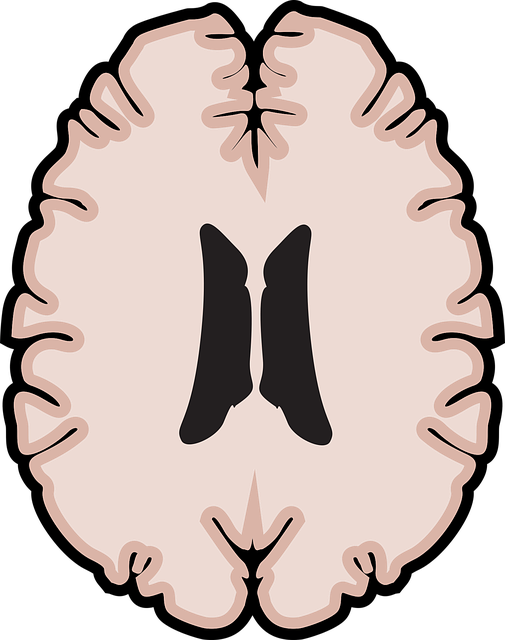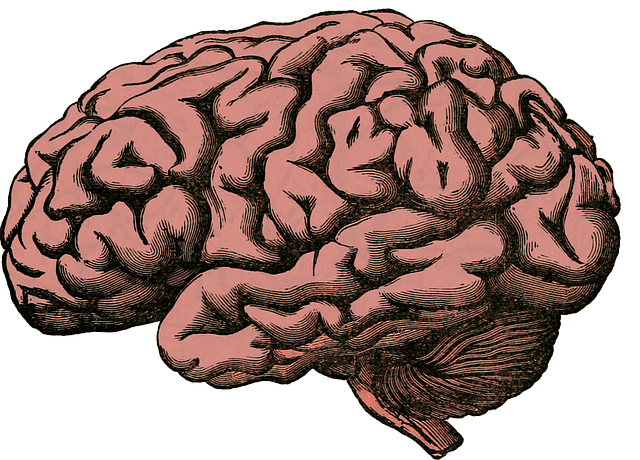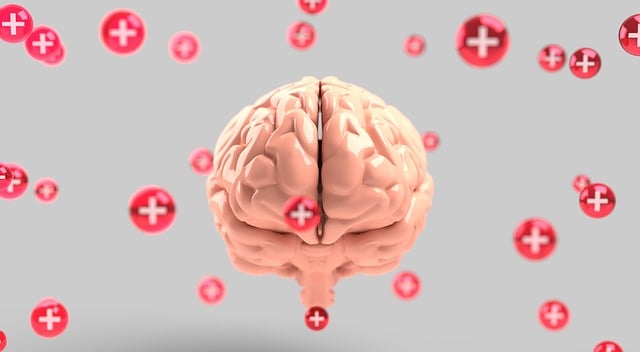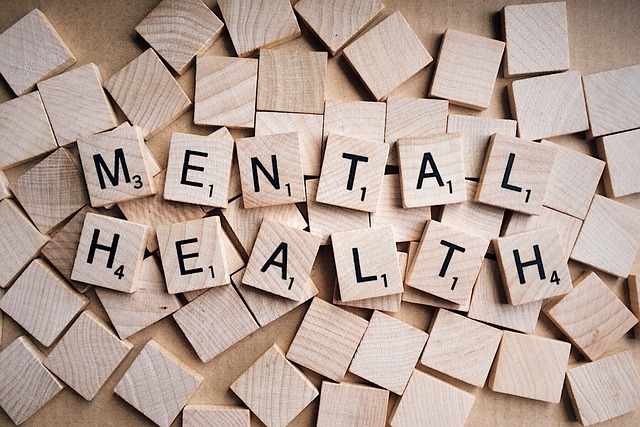Mental wellness journaling, combined with therapy, is a powerful tool for young adults struggling with anxiety disorders. By documenting thoughts and emotions, individuals gain self-awareness, identify triggers, and develop effective coping mechanisms. This practice fosters resilience, confidence, and emotional management skills, serving as a valuable therapy for young adults anxiety. Regular journaling helps track progress, set goals, and celebrate achievements, ultimately promoting personal growth and mental well-being.
“Unwind and embrace the transformative power of mental wellness journaling—a game-changer for managing anxiety among young adults. This comprehensive guide explores the profound impact of emotional expression through writing, delving into effective techniques to combat stress.
We’ll navigate creating a personalized journaling routine tailored for anxiety relief, empowering you to track progress and celebrate milestones. Discover how this simple yet powerful practice can serve as an accessible therapy for young adults grappling with anxiety.”
- Understanding Mental Wellness and Its Impact on Young Adults
- The Power of Journaling as a Therapeutic Tool
- Creating a Journaling Routine for Anxiety Management
- Effective Techniques for Expressing Thoughts and Emotions
- Tracking Progress and Celebrating Achievements
Understanding Mental Wellness and Its Impact on Young Adults

Mental wellness is a vital aspect of young adults’ lives, shaping their overall well-being and life trajectories. For many, it’s a journey fraught with challenges, especially as they navigate the complexities of adulthood, career aspirations, and interpersonal relationships. Anxiety, for instance, is a common mental health issue that can significantly impact this demographic, often presenting as more than just occasional worry or fear. It may manifest as persistent, overwhelming concern, hindering their ability to function normally in daily life. Therapy, therefore, plays a crucial role in empowering young adults to manage and overcome such anxieties.
The concept of mental wellness journaling is an effective tool to foster self-awareness and personal growth. By committing thoughts and feelings to paper, individuals can gain valuable insights into their emotional states, triggers, and coping mechanisms. This practice, when combined with therapy for young adults struggling with anxiety, offers a holistic approach to building resilience and boosting confidence. Mental wellness journaling exercise guidance encourages individuals to explore their mental landscapes, leading to enhanced mental health awareness and improved strategies for navigating life’s stressors.
The Power of Journaling as a Therapeutic Tool

Journaling has emerged as a powerful therapeutic tool, especially for young adults navigating anxiety and mental wellness challenges. It provides a safe and private space to explore thoughts, emotions, and experiences, offering a unique form of self-care routine development. By putting pen to paper (or fingers to keyboard), individuals can gain profound insights into their minds, fostering better mental health practices. This simple yet effective practice allows one to reflect on stressful situations and develop strategies for managing them, enhancing overall stress management skills.
In the context of anxiety, journaling can serve as a powerful ally. It encourages mindfulness meditation, helping individuals stay grounded in the present moment and challenge anxious thoughts. Through regular expression of feelings, young adults can process their emotions, identify triggers, and even discover patterns that contribute to anxiety. This self-reflection becomes a catalyst for positive change, empowering individuals to take charge of their mental health and cultivate resilience.
Creating a Journaling Routine for Anxiety Management

Creating a consistent journaling routine can be a powerful tool for managing anxiety, especially for young adults navigating therapy. Dedicating just a few minutes each day to write down thoughts and feelings allows for an outlet to process emotions and gain perspective. Start by setting aside a quiet moment in your day; it could be before bed or during a peaceful morning. Choose a journal that feels right—a beautiful notebook or a digital document, whichever suits your preference.
Incorporate prompts if you find yourself stuck; these can include reflecting on the day’s events, listing things you’re grateful for, or exploring strategies to cope with anxious thoughts. Consider using techniques like mindfulness meditation while journaling to enhance focus and calmness. Over time, this practice may help identify patterns of anxiety and provide a safe space to experiment with conflict resolution techniques and social skills training, ultimately contributing to improved mental wellness.
Effective Techniques for Expressing Thoughts and Emotions

Expressing thoughts and emotions is a vital part of mental wellness journaling. For young adults dealing with anxiety, it’s essential to find techniques that help process and release these feelings. One effective method is writing freely, allowing thoughts to flow without inhibition or structure. This can involve pouring out worries, fears, or even just listing tasks or events that triggered specific emotions. It’s a powerful way to make sense of seemingly chaotic feelings and identify patterns over time.
Additionally, incorporating creative elements like drawing or painting alongside text can be incredibly beneficial. Visual representations can offer new perspectives on complex emotions and provide a safe outlet for expression. Moreover, integrating coping skills development and conflict resolution techniques into journaling practice—guided by a healthcare provider with cultural competency training—can empower individuals to manage anxiety-inducing situations more effectively.
Tracking Progress and Celebrating Achievements

Tracking your progress in a mental wellness journal is a powerful tool for self-awareness and personal growth, especially when navigating therapy for young adults with anxiety. As you consistently reflect on your thoughts, emotions, and behaviors, you begin to identify patterns and triggers that contribute to your anxiousness. This practice enables you to set achievable goals and celebrate small victories along the way. For instance, if one of your objectives is to manage stress levels, marking down successful stress-coping strategies in your journal will motivate you to continue utilizing these techniques.
By documenting your journey, you create a valuable Mental Health Policy Analysis and Advocacy resource—a testament to your resilience. This practice can also aid in burnout prevention by helping you recognize signs of exhaustion early on. Moreover, reflecting on past challenges and how you overcame them can provide much-needed trauma support services, fostering a sense of empowerment and emotional strength.
Mental wellness journaling can serve as an effective therapy for young adults dealing with anxiety, offering a personal space to express thoughts and emotions. By establishing a routine and employing various techniques, individuals can track their progress and celebrate achievements over time. This simple yet powerful tool empowers young adults to navigate and manage their mental health journey with increased self-awareness and resilience.








